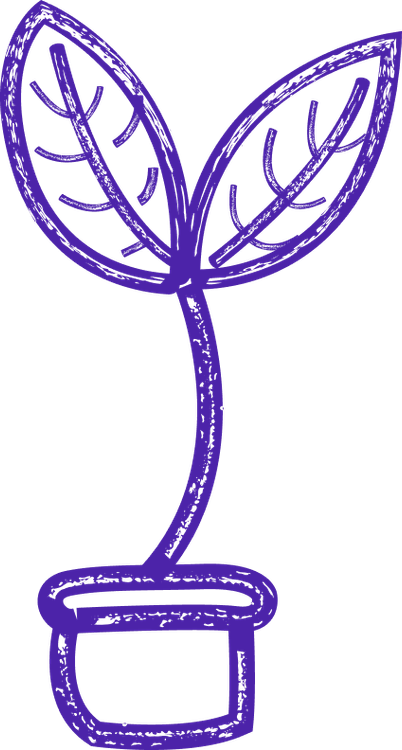
programming tool
Programming Tools: The Toolbox that Shapes the Digital World
Just as an artist uses different brushes for various strokes, programmers use different tools depending on the task at hand. These may include text editors for writing code, compilers for transforming it into machine-readable form, debuggers for identifying and fixing errors, and version control systems for managing changes in code.
In the realm of software development, programming tools are indispensable. They enhance productivity by automating repetitive tasks, foster collaboration by allowing developers to work together more efficiently, and improve code quality by providing facilities for testing and debugging.
Take Integrated Development Environments (IDEs) as an example. These powerful tools provide a one-stop shop for writing, compiling, debugging, and testing code, complete with features like syntax highlighting, code completion, and smart navigation.
Another pivotal tool in a developer's arsenal is a version control system, like Git. It allows multiple developers to work on the same project without overwriting each other's changes, keeping track of modifications and facilitating collaboration.
Despite their numerous benefits, the effective use of programming tools requires knowledge and experience. A tool is only as good as the craftsman who wields it. Developers need to understand not only how to use these tools but also when to use them to get the most out of their capabilities.
In conclusion, programming tools are the workhorses of the software development world, the faithful companions that help developers shape the digital landscape.
To end on a lighter note, here's a quick quip:
Why do programmers always mix up Christmas and Halloween?
Because Oct 31 = Dec 25!
Just remember, in the world of programming, the right tool can help you decipher even the trickiest of codes!
Let’s build your next digital product — faster, safer, smarter.
Book a free consultationWork with a team trusted by top-tier companies.








